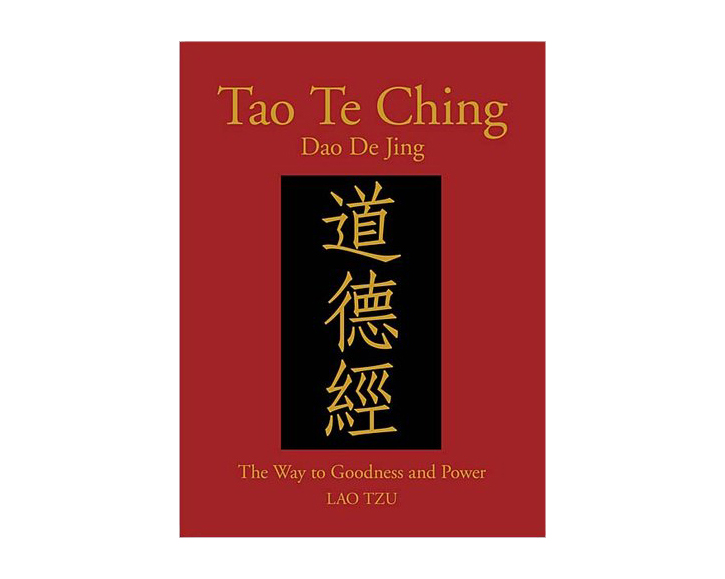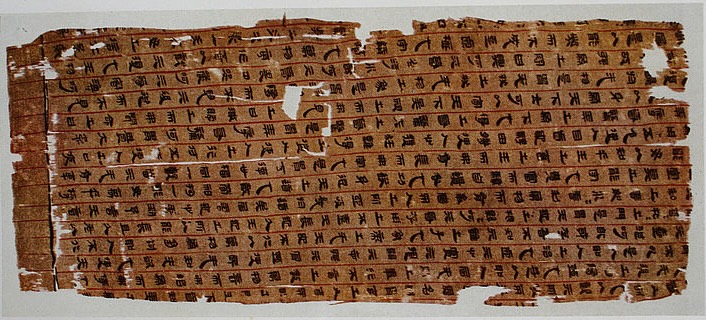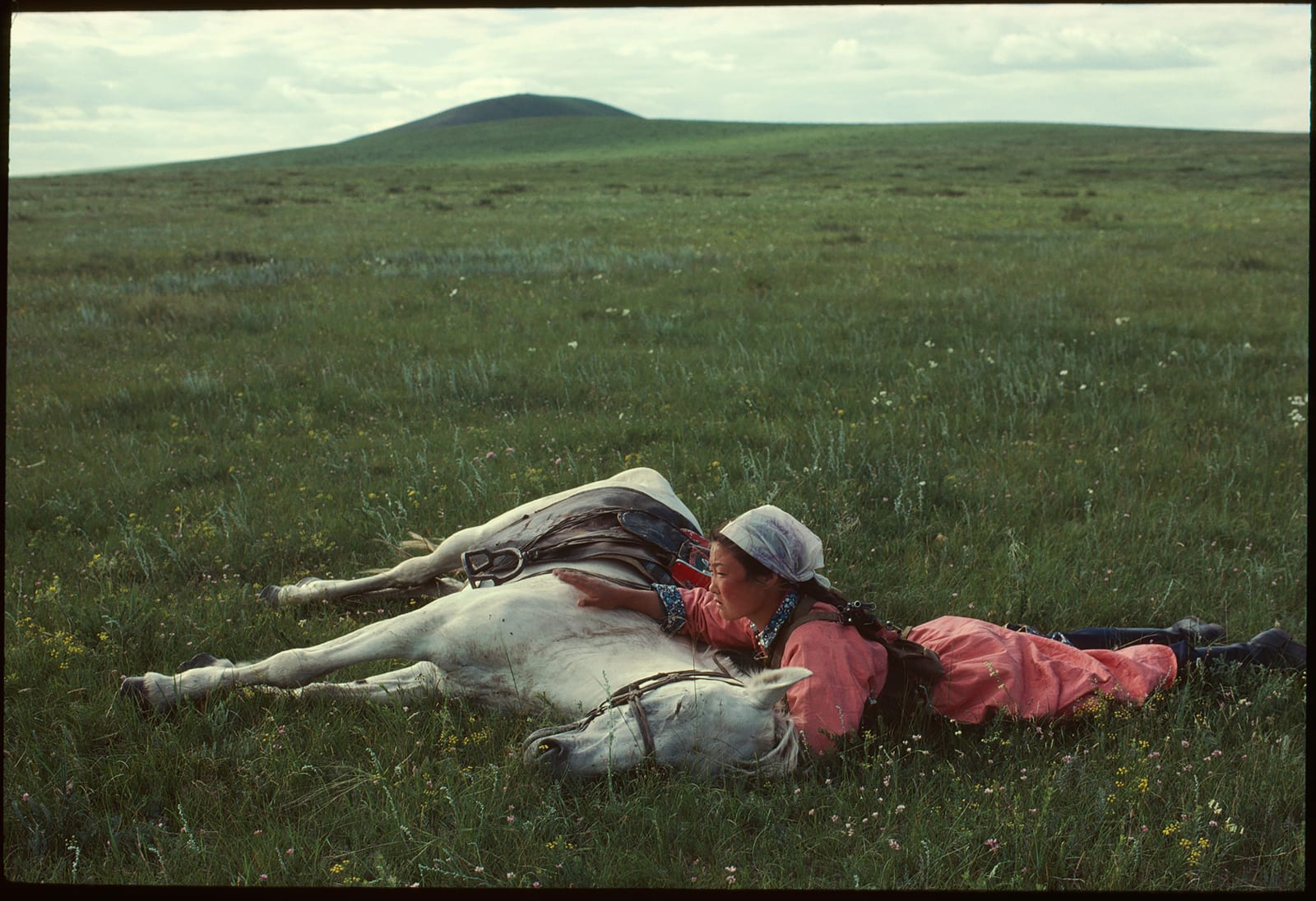Lao Tzu, the figure traditionally credited with authoring the Tao Te Ching, remains an enigmatic figure in history. His existence, clouded by myth and mystery, has prompted scholars to debate whether he was a historical person or a symbolic embodiment of collective philosophical thought. Regardless of the details of his life, the principles attributed to him continue to resonate profoundly, offering a lens through which both ancient and modern readers engage with profound questions of life, leadership, and the natural world.
The Tao Te Ching, written in poetic couplets, serves as the cornerstone of Taoism, a philosophy grounded in the idea of Tao—often translated as "the Way." However, the Tao is far more than a simple path; it is the underlying, all-encompassing force that governs the rhythm and natural order of the universe. Lao Tzu's central message urges readers to align with the Tao by embracing spontaneity, humility, and non-interference. His philosophy is marked by paradox, where concepts like strength through weakness or action through inaction are celebrated. It challenges the conventional idea that power is attained through force, instead emphasizing that true strength lies in understanding and flowing with the natural world. This revolutionary approach to life and leadership, which values restraint over aggression, has left a lasting imprint not only on Chinese culture but on the broader human experience.
Culturally, the Tao Te Ching transcends its status as a mere philosophical text. It became a guiding force in shaping Chinese thought, influencing political theory, art, literature, and personal conduct. Early Chinese emperors adopted Taoist principles in their governance, advocating for wu wei, or “effortless action,” a leadership style that sought balance and subtle guidance of the natural order. Taoism’s reverence for nature also had a profound impact on Chinese art, inspiring landscape paintings that aimed to capture the harmonious relationship between humanity and the world around it. The fluidity of Taoist calligraphy symbolized the interconnectedness of all things, while Taoist poets embraced a meditative connection with nature. The text’s influence extended beyond China, particularly during the 20th century, when it resonated deeply within the countercultural movements of the 1960s. Figures such as Alan Watts and members of the Beat Generation discovered in the Tao Te Ching a path away from the materialism and individualism that dominated Western society, finding in its verses an alternative vision for living.
In the modern world, the Tao Te Ching continues to offer a philosophical refuge. In an era marked by rapid technological change, constant distraction, and the relentless pursuit of material success, its message of simplicity, humility, and living in harmony with nature speaks to those seeking inner peace and meaning. The text challenges us to slow down, embrace stillness, and reflect on our place in the world. Its universal wisdom transcends cultural and temporal boundaries, inviting readers to transcend dualities and paradoxes in their search for a deeper understanding of the interconnectedness of all things. As modern life often grows more fragmented and divided, Lao Tzu’s teachings offer a profound antidote, calling us not to understand life in rigid terms but to experience it as it truly is. In a world that constantly demands more from us, the Tao Te Ching asks us to return to the natural flow of the universe, reminding us that true peace lies not in striving but in being.
In the modern world, the Tao Te Ching continues to offer a philosophical refuge. In an era marked by rapid technological change, constant distraction, and the relentless pursuit of material success, its message of simplicity, humility, and living in harmony with nature speaks to those seeking inner peace and meaning. The text challenges us to slow down, embrace stillness, and reflect on our place in the world. Its universal wisdom transcends cultural and temporal boundaries, inviting readers to transcend dualities and paradoxes in their search for a deeper understanding of the interconnectedness of all things. As modern life often grows more fragmented and divided, Lao Tzu’s teachings offer a profound antidote, calling us not to understand life in rigid terms but to experience it as it truly is. In a world that constantly demands more from us, the Tao Te Ching asks us to return to the natural flow of the universe, reminding us that true peace lies not in striving but in being.





